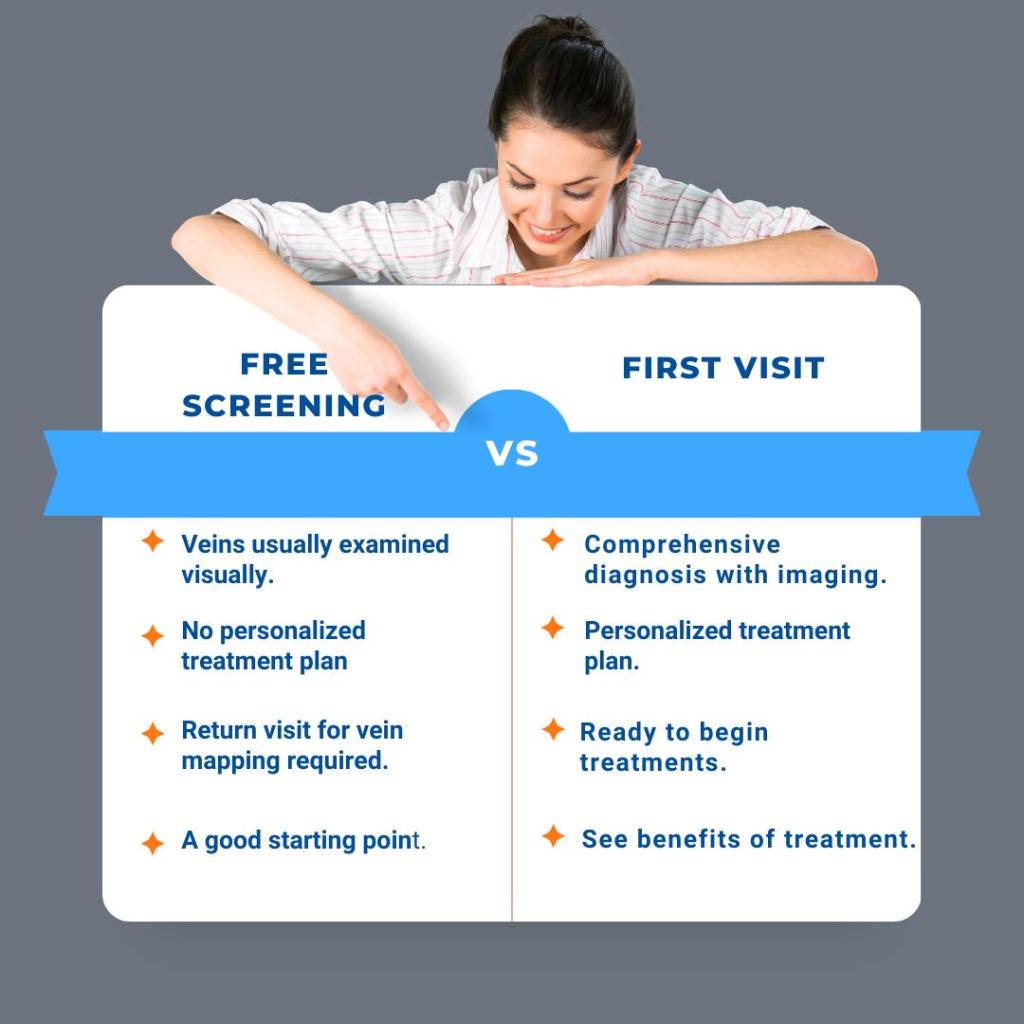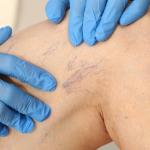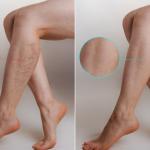
Not all “free vein screenings” are as valuable as they sound. Many clinics advertise free screenings that only offer a brief visual exam, with no ultrasound imaging, diagnosis, or treatment plan, meaning you’ll likely need to return for another, billable visit to actually get answers. So, while free screenings can seem appealing, it’s important to understand their limitations. An initial visit with a qualified vein specialist allows for a thorough evaluation, leading to a personalized treatment plan tailored to your unique needs. This approach can ultimately save you time and money and potentially prevent future problems.
Choosing between a free consultation and an initial visit at a vein clinic can be confusing, as both options have their own advantages and disadvantages. Here’s a breakdown to help you decide which is right for you.
In this article:
- What is a Free Vein Screening?
- What Is A Vein Consultation?
- Can I Test My Veins At Home?
- Does Insurance Cover Venous Doppler Tests?
- Who Should Get Screened?
- Your Visit to USA Vein Clinics
TAKE OUR FREE VEIN HEALTH SYMPTOM QUIZ
What is a Free Vein Screening?
A free vein screening is a limited examination offered by some medical facilities to raise awareness about vein health and identify individuals who might have undiagnosed vein disease. Here’s a breakdown of what it typically involves:
- You are asked about your medical history, symptoms and family history related to vein disease.
- Your legs may be examined for visible signs of vein disease, such as spider veins or varicose veins.
- Some screenings may include an ankle-brachial index (ABI) to compare blood pressure in your arms and legs or a handheld ultrasound to access blood flow.
- Screenings are usually considered preventative treatment and are covered at no cost, but you should check with your provider.
A free screening does not completely diagnose your vein condition, and a specific treatment plan is not developed. A free screening is a starting point and can raise awareness about potential vein issues. However, it is not a substitute for a comprehensive evaluation with a qualified vein specialist.
Additional Considerations
- Limited time may not allow for a thorough discussion of your concerns.
- Physical examination may be skipped, which could lead to missed diagnoses.
- Treatment recommendations may be generic and not tailored to your specific needs.
- You may need to return for a Doppler ultrasound before scheduling treatment
What Is A Vein Consultation?
A vein consultation is a comprehensive evaluation with a vein specialist to evaluate your vein health, discuss potential concerns, and explore treatment options, if necessary. A personalized treatment plan will be developed, and you can ask questions about your condition with a vein doctor.
Here’s what you can expect during a typical vein consultation at USA Vein Clinics, which usually lasts between 30 to 60 minutes.
Evaluation
- Medical history review: The doctor will discuss your medical history, including any existing health conditions, previous surgeries, and family history related to vein problems.
- Symptom assessment: You can discuss any symptoms you’re experiencing, such as pain, swelling, fatigue, or restlessness in your legs.
- Physical examination: The doctor will physically examine your legs, looking for visible signs of vein disease like spider veins, varicose veins, or skin changes.
- Diagnostic tests: Depending on your situation, the doctor might recommend additional tests like an ankle-brachial index (ABI) to assess blood flow, a Doppler ultrasound to visualize blood flow within specific veins, or venography to create a detailed map of your veins using X-ray technology.
Discussion and Planning
- Diagnosis and explanation: Based on the information gathered, the doctor will diagnose your vein condition, explaining the nature of the issue.
- Treatment options: If necessary, the doctor will discuss different treatment options available to address your specific condition. This may include minimally invasive procedures like sclerotherapy or EVLT laser treatment or more involved options like radiofrequency ablation.
- Answering your questions: You’ll have the opportunity to ask any questions you have about your vein condition, treatment options, and potential outcomes.
After your appointment:
- Recommendations: The doctor will make specific recommendations, such as wearing compression stockings, avoiding certain activities, and scheduling follow-up appointments.
Can I Test My Veins At Home?
There is no reliable, definitive way to test your veins at home for diagnosing vein disease. While some online resources or self-help guides might encourage checking for vein disease symptoms, these methods are not accurate for a proper diagnosis.
What you can do is pay attention to changes in your legs, such as visible spider or varicose veins, swelling, discoloration or pain. These changes signal the need to see a healthcare professional.
If you have any concerns about your vein health, the best course of action is to consult with a vein specialist. They can provide a comprehensive evaluation with diagnostic tests like an ultrasound or venography to diagnose your condition accurately and provide appropriate treatment options, if necessary.
Does Insurance Cover Venous Doppler Tests?
Venous Doppler is a special ultrasound test that evaluates blood as it flows through the body’s major arteries and veins. It is the only way to accurately diagnose vein disease and decide the best course of treatment.
The initial visit, including a venous Doppler test, is usually covered by most major insurance companies.
Verify your coverage today.
Who Should Get Screened?
While visible veins can indicate underlying issues, many serious vein problems develop without noticeable symptoms, potentially leading to unforeseen complications. Some individuals have a higher risk and should prioritize screening.
Here’s why everyone should consider getting screened, especially if:
- You are over 55: Age increases your risk.
- Your parents have varicose veins: Heredity is a major factor, with an 89% chance of inheritance.
- You are female, especially with multiple pregnancies: Women are three times more likely to develop vein disorders.
- You sit or stand for long periods at work: These postures increase your risk of blood pooling in your legs, and blood clots developing.
Don’t wait for visible problems. Take control of your vein health with early screening.
WHY VEIN SCREENING IS IMPORTANT
Your Visit to USA Vein Clinics
Are you tired of aching legs, itching and feeling self-conscious about varicose or spider veins? At USA Vein Clinics, we offer a patient-centered experience.
Our Difference
- Fast Relief, Lasting Results: Our minimally invasive procedures minimize pain and downtime, allowing you to recover quickly and return to your active lifestyle.
- Advanced Technology: We utilize cutting-edge diagnostic tools and treatment options to ensure precise results and optimal outcomes.
- Experienced Specialists: Our team of qualified vein doctors prioritizes clear communication and personalized care plans tailored to your unique needs.
- Unmatched Comfort: We understand vein treatment can be a concern. Our focus on patient comfort ensures a positive experience throughout your journey.
Our minimally invasive, in-office procedures can help reduce pain and improve blood flow, making you feel confident and energized again. Read stories and videos of our patients whose vein health improved after they received treatment with us.
Experience the USA Vein Clinic difference. Call us today at 888.768.3467 or schedule a consultation online.








